Home »
All Resources »
2021 Sustainability Institution of the Year - Unicaf University - Cyprus, Malawi, Zambia and Uganda
2021 Sustainability Institution of the Year - Unicaf University - Cyprus, Malawi, Zambia and Uganda
Unicaf - the responsible and sustainable provider of higher education
Unicaf’s Responsible and Sustainable Business Plan 2021-2025 sets outs its targets for the next 5 years. Taking its lead from six of the UN SDGs and Africa 2063 aspirations, it focuses on the areas it can have most impact on. It offers tangible and measurable targets that focus on outputs rather than inputs, looking to have the most positive impacts in the 12 counties it operates in.
The Plan is available through the Unicaf website, led by the Chair of the Unicaf Environment Social and Governance (ESG) Steering Group (an external executive), and governed by the main Board of Directors. The headlines of the Unicaf Responsible and Sustainable Business Plan 2021 – 2025 include the early work to make Unicaf net-zero carbon by 2035 and set the example for all other global HE providers and, to offer $200,000,000 worth of scholarships to students worldwide.
Top 3 learnings:
- In developing net-zero carbon targets, we recognised that we did not have the expertise in-house so looked to external consultants to baseline our current footprint and help develop a delivery plan. They also offer external verification of your efforts.
- When looking at what we should do, simply reviewing what other organisations were doing was not enough. We decided to look at the global agenda for business and HE, plus the African agenda as this is our largest market and where we have three universities with more in the near future.
- We had to consider which SDGs were most suited to our area of influence and expertise; we could not have the same impact on all, so decided to choose six.
Videos






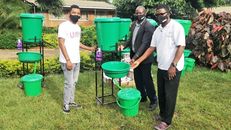
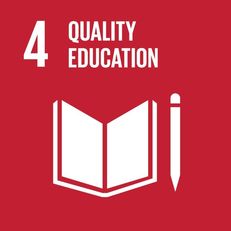
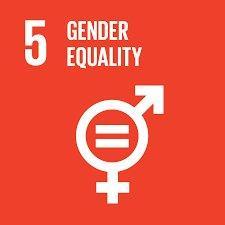
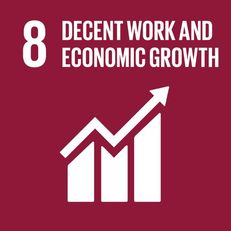
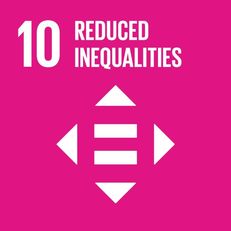

 Except where otherwise stated, content on this site is
licensed under a Creative Commons Attribution 3.0 License.
Except where otherwise stated, content on this site is
licensed under a Creative Commons Attribution 3.0 License.
